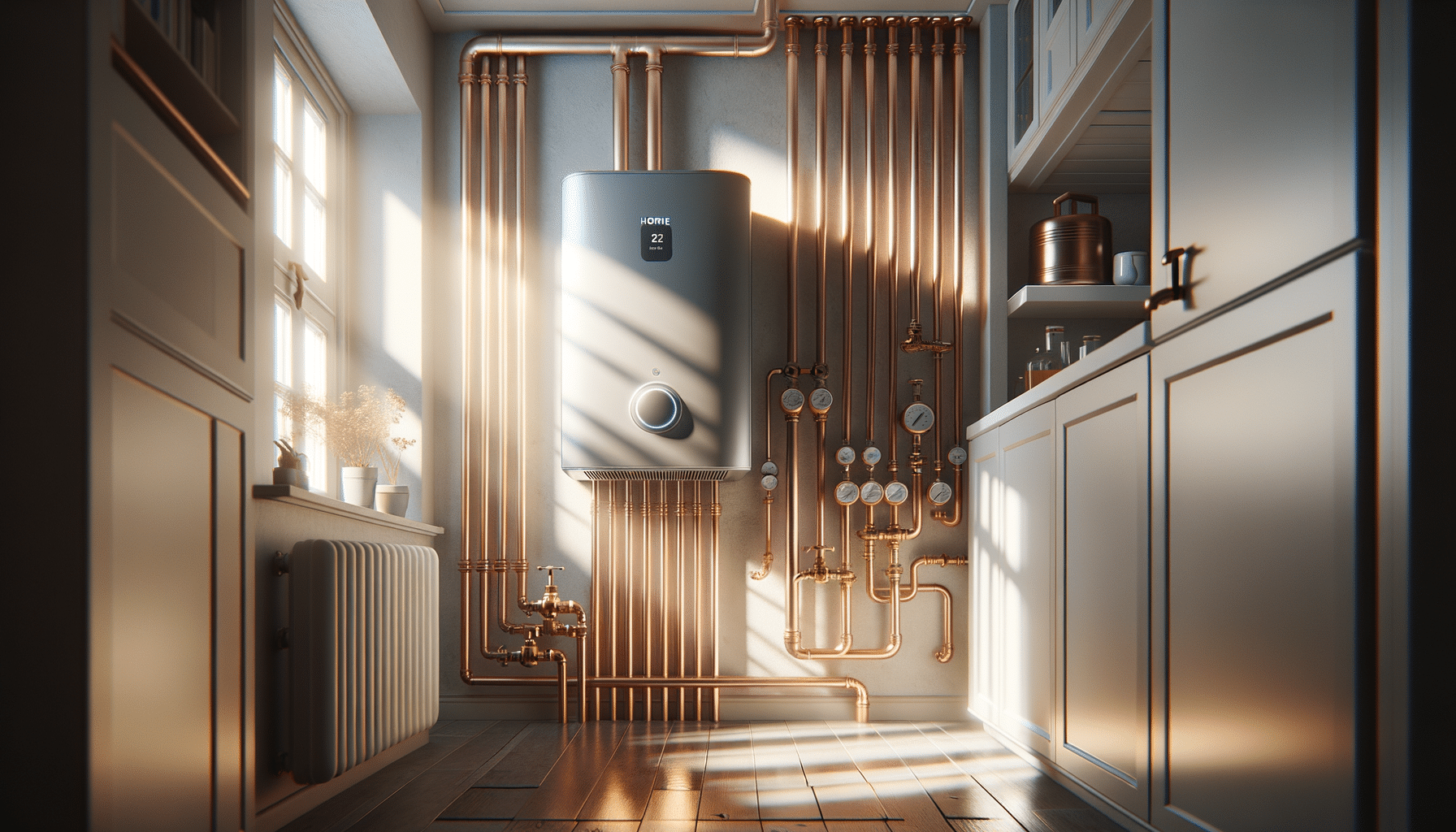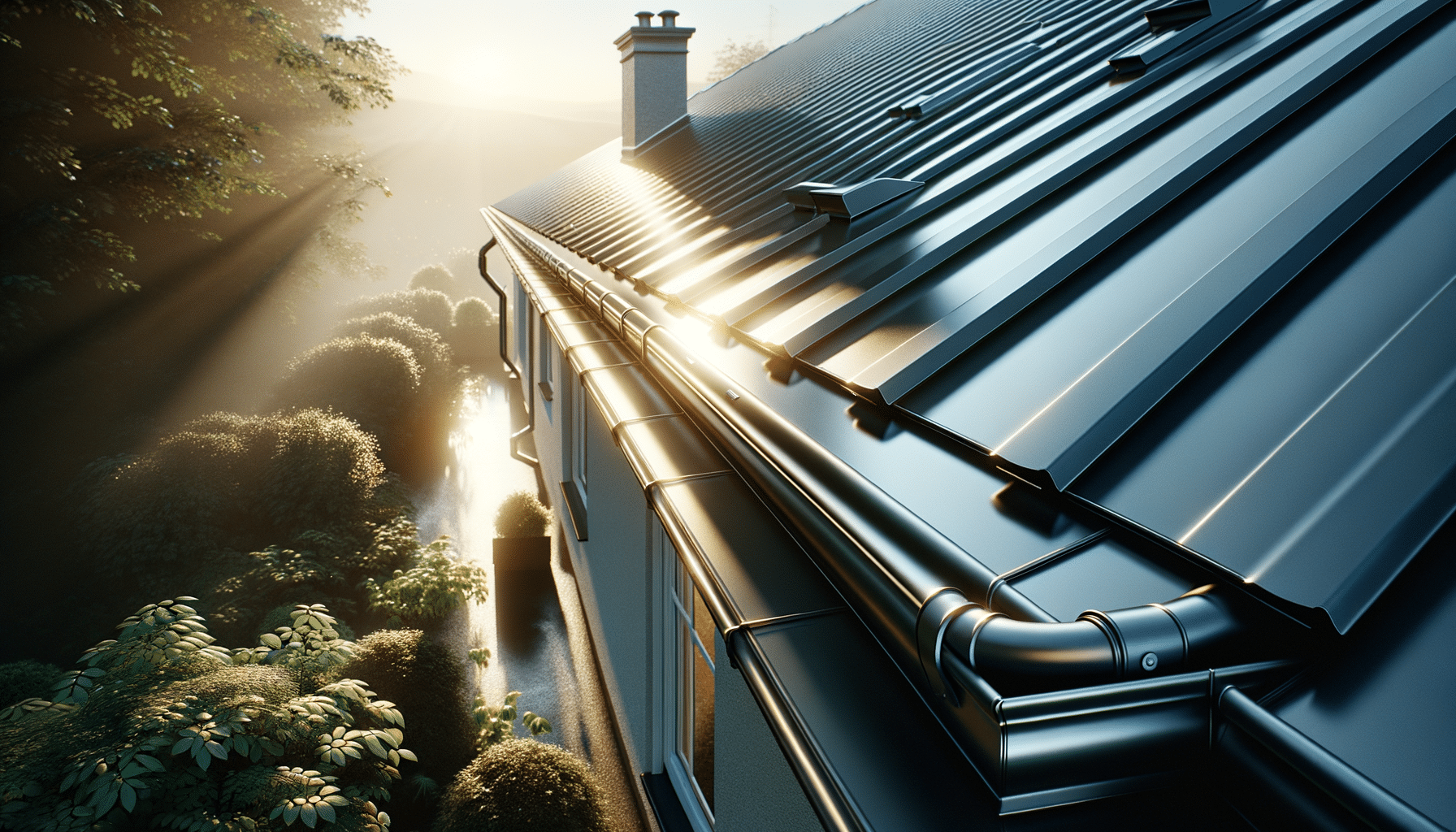
Water Heater Installation Services
Introduction to Water Heater Replacement
Replacing a water heater is a significant task that many homeowners encounter at some point. Whether due to age, inefficiency, or a complete breakdown, understanding the importance of water heater replacement is essential. A new water heater can improve energy efficiency, reduce utility bills, and ensure a consistent supply of hot water, which is crucial for everyday tasks such as bathing, cleaning, and cooking.
In this article, we will explore the key considerations when replacing a water heater, including the types available, signs that indicate replacement is necessary, and the benefits of upgrading to a newer model. We aim to provide comprehensive insights to help you make informed decisions and enhance the comfort and efficiency of your home.
Signs You Need a Water Heater Replacement
Knowing when to replace your water heater can save you from unexpected cold showers and potential water damage. Here are some common indicators that suggest it’s time for a water heater replacement:
- Age of the Unit: Most water heaters have a lifespan of 8 to 12 years. If your unit is within this range or older, it may be time to consider a replacement.
- Inconsistent Water Temperature: If the hot water runs out quickly or fluctuates in temperature, this could signal an underlying problem requiring replacement.
- Rusty Water: Rust-colored water from the hot water tap can indicate corrosion inside the tank, a sign that a replacement might be necessary.
- Noise: Rumbling or banging noises can suggest sediment build-up, which can lead to inefficiency and damage over time.
- Leaks: Any signs of water pooling around the heater indicate a significant issue that typically warrants replacement.
Identifying these signs early can prevent more severe problems and ensure your home’s hot water system remains reliable and efficient.
Types of Water Heaters: Choosing the Right One
When considering a water heater replacement, understanding the different types available can help you choose the most suitable option for your home. Here’s an overview of the primary types:
- Conventional Storage Water Heaters: These are the most common and store a reservoir of hot water. They are cost-effective but may have higher energy consumption due to standby heat loss.
- Tankless Water Heaters: These heaters provide hot water on demand, offering energy efficiency and saving space. They are ideal for homes with high hot water usage.
- Heat Pump Water Heaters: Also known as hybrid water heaters, these use electricity to move heat from the air or ground to heat water, making them energy-efficient.
- Solar Water Heaters: Utilizing solar panels, these heaters are environmentally friendly and can significantly reduce energy bills, though they have a higher initial cost.
Your choice will depend on factors such as the size of your household, budget, and energy efficiency goals. Consulting with a professional can help you make the right decision.
Benefits of Upgrading Your Water Heater
Upgrading to a new water heater offers several benefits that can enhance your home’s comfort and efficiency. Here are some advantages to consider:
- Improved Energy Efficiency: Modern water heaters are designed to be more energy-efficient, reducing your utility bills and environmental footprint.
- Enhanced Performance: Newer models provide more consistent water temperatures and are less likely to run out of hot water during peak usage times.
- Space Savings: Tankless models and other compact designs can save valuable space in your home.
- Reduced Maintenance Needs: Advanced technology in newer models often means less frequent maintenance and fewer repairs.
- Increased Home Value: An efficient and modern water heater can be a selling point, adding value to your home.
These benefits make water heater replacement a worthwhile investment for many homeowners, providing long-term savings and comfort.
Conclusion: Making the Right Choice for Your Home
Deciding to undertake a water heater replacement is a significant step that can enhance your home’s efficiency, comfort, and value. By recognizing the signs of a failing unit, understanding the types of water heaters available, and appreciating the benefits of upgrading, you can make an informed decision that meets your household’s needs.
Whether you opt for a conventional, tankless, or solar model, the key is to choose a water heater that aligns with your energy goals and budget. Consulting with a professional service can provide you with expert guidance and ensure a seamless installation process.
As you explore your options, remember that investing in a quality water heater now can lead to significant savings and satisfaction in the long run.


